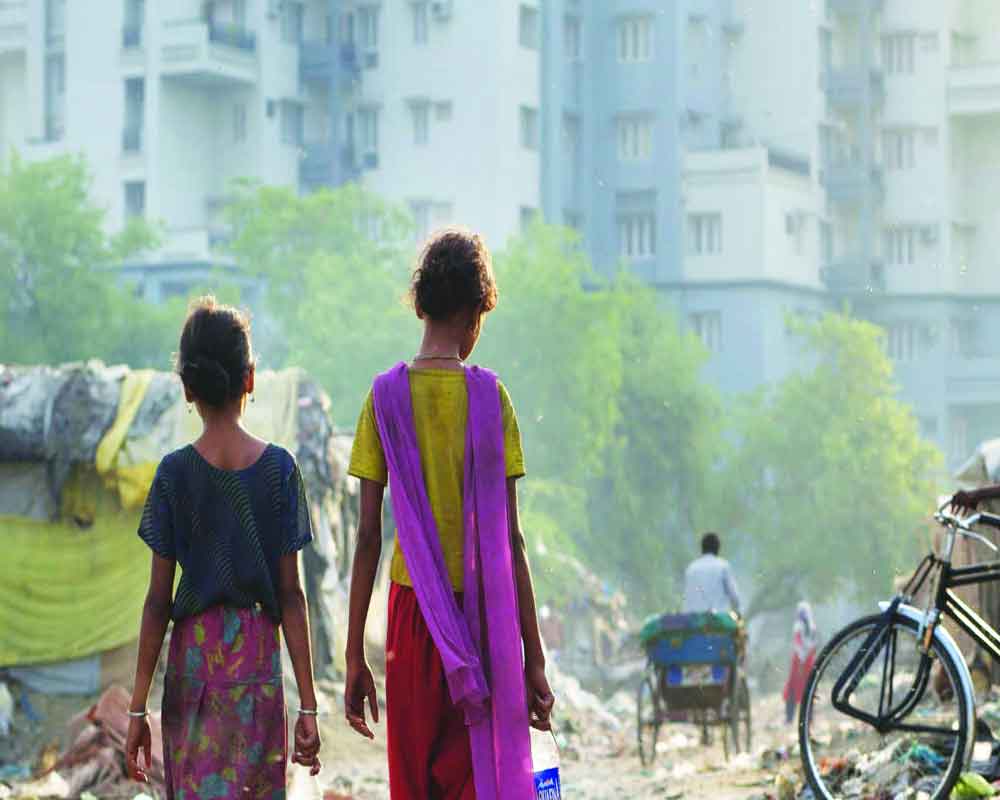The way to grasp the current political climate is by understanding how inequity has grown over the decades
The British charity Oxfam has come out with another annual report at a time when the World Economic Forum (WEF) held at the Swiss resort town of Davos is under way. The report gains eyeballs, loaded as it is with some stunning statistics to highlight “inequality” across the world. This year’s report has some stunning numbers — the top one per cent of India’s billionaires owns four times as much wealth as the poorest 70 per cent. On the global front, the top 22 richest men in the world have more wealth than all the women in Africa. The details are quite shocking. While the calculations of the report have been questioned in the past, make no mistakes about the message it sends out: The world is a deeply iniquitous place. The extremely rich are the ones who are exponentially richer than those at the bottom of the human pyramid. With or without a report, evidence is there that the world is becoming more unequal, the rich are getting richer and the poor, well, poorer.
And when someone needs to decipher why there has been such a rise in a nativist Right-wing polity across the world, particularly in democracies, it would be wise to understand that people feel like they have been left behind by globalisation. But they blame other social constructs, too, multi-culturalism for example. Ergo, the leaders they vote for are the ones “who say it like it is.” Of course, many of these elected men, and they are almost always men, do not have the necessary talent to do much about it. They, thus, blame previous administrations and on that front, their point must be accepted. For years, peace dividend allowed sycophancy, nepotism and corruption to bloom and far from making the world a better place, inequality accelerated. The technology revolution has propped up many billionaires but it has also started treating human beings as mere data points — their information being bought and sold without their knowledge. But what can be done about this? The breakdown in trust is massive but other than motivated philanthropy schemes, it would be prudent for the very rich to actually start contributing more to society. Governments have to realise that unmitigated development is not always a good thing, even if some people can become very rich. The poor will be hurt due to the impacts of climate change much more; they will suffer from societal breakdowns far more. While clinking their champagne glasses at Davos later this week, leaders need to realise that they might soon lose control of the narrative.


























